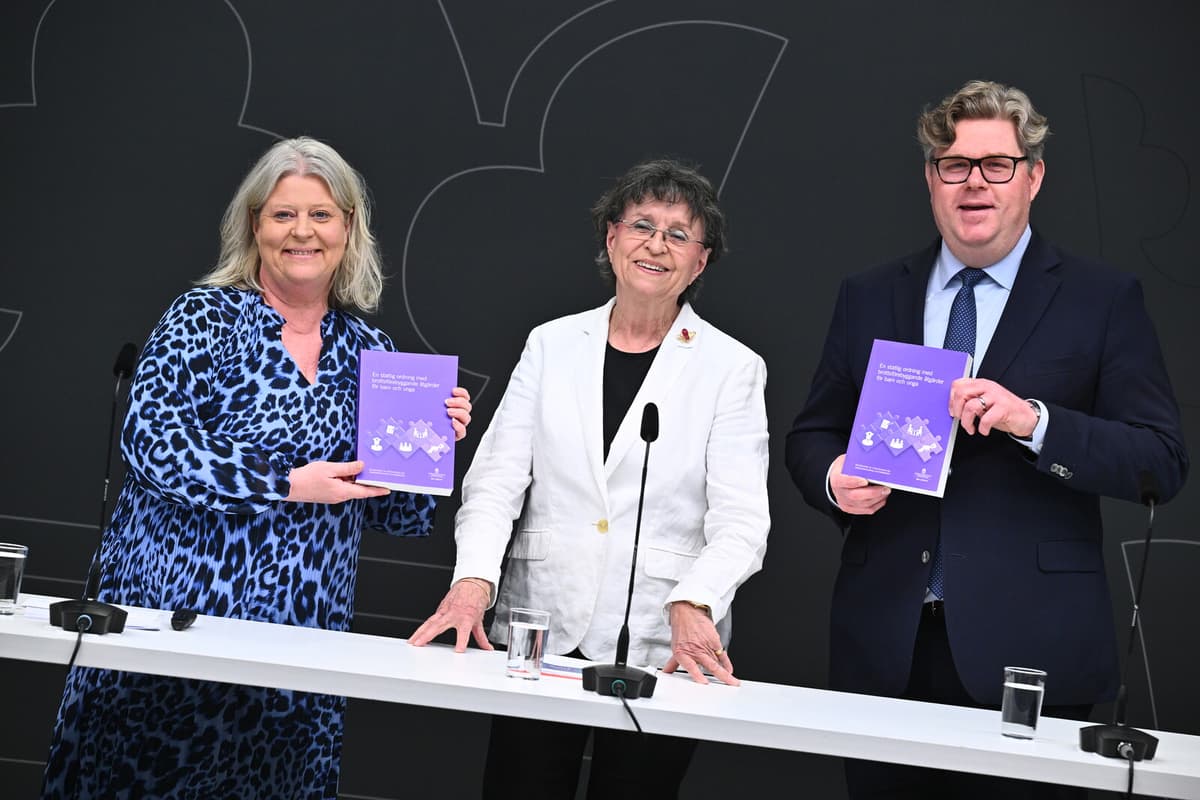The proposal for a new state authority – the Authority against Youth Crime (MUK) – was presented by the government's investigator Susanne Eberstein in May and is now out for consultation.
The reason? That more and more children are being drawn into crime at an increasingly younger age.
However, according to the Institute for Human Rights, the proposal is legally uncertain, disproportionate, and ineffective. At the same time, there are warnings about an unclear boundary vis-à-vis the criminal justice system and social services.
We see great risks, says Fredrik Malmberg.
Advertisement
Danish inspiration
Inspiration has been drawn from Denmark, where youth crime councils were introduced in 2019. However, the Swedish investigation proposal goes further than the Danish model and includes children who are neither suspected nor convicted of crimes. There is also no lower age limit for children who may be subject to the authority.
According to the proposal, it would be sufficient if there is a risk that the child will come to harm or commit a serious crime. In Denmark, a concrete suspicion is required.
The purpose of the new authority is to identify children at risk of being drawn into crime at an early stage. However, the Institute notes that the proposal does not comply with children's human rights, and that the proposed new authority would not be proportionate to the problems it aims to address.
They are drawing inspiration from Denmark, but it is important to see that the proposal differs radically from the Danish model. It is much more far-reaching, as it lacks a lower age limit and also includes children who are not suspected of crimes, says Fredrik Malmberg.
Advertisement
"Extremely important with measures"
He is clear that the youth crime that is evident in many parts of the country is deeply worrying – but believes that the investigation should also have looked at other solutions.
It is, of course, extremely important to take measures. But then it is important that the measures taken are effective and thoroughly analyzed so that they lead to the right things happening, says Fredrik Malmberg.
Corrected: In an earlier version, it was stated that this was a government proposal, which is not the case.
In the Tidö Agreement between the government – M, KD, and L – and the Sweden Democrats, it is stated that so-called youth crime councils will be tested, according to a Danish model.
The Social Democrats, who commissioned the investigation during their time in power, have also backed this and want the introduction to be expedited.






